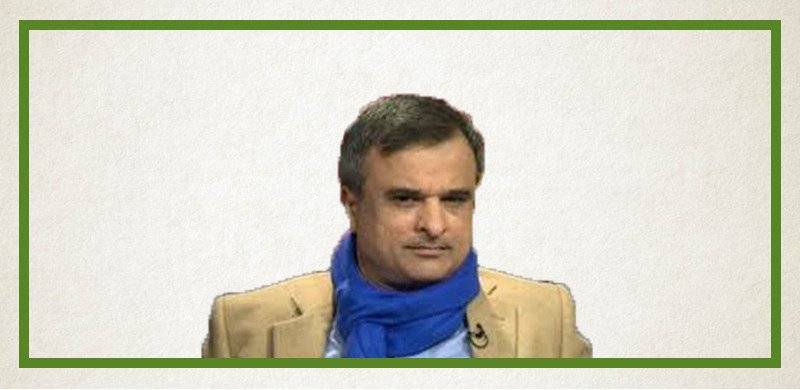
Pakistani and Indian polities are inherently interlinked—any unrest in either country presents a very tempting situation for the rulers of other to jump into the foray and make adversarial comment. There is an unconfirmed story about late Indian Prime Minister Indira Gandhi making a comment in support of Movement for the Restoration of Democracy (MRD) against Zia regime in early 1980s, which led to collapse of the movement in Punjab.
Media of Pakistan and India keep a close eye on domestic political situation in each other’s countries and come out with some very interesting perspectives about domestic political developments other’s country. But a running commentary by a sitting Prime Minister on political developments in the neighboring country is a highly unusual development.
Prime Minister Khan’s running commentary on unrest in India can by no mean be described as a normal occurrence. His running commentary could be compared with Indian Prime Minister, Indira Gandhi’s running commentary on situation in East Pakistan in the wake of March 1971 military operation against local insurgents by Pakistan army in Dhakka. Civil War ensued in East Pakistan, which led to a large- scale migration to Indian Bengal.
Indira Gandhi in those days was expressing concerns over the developing situation in East Pakistan (Now Bangladesh) and growing possibility large-scale exodus of displaced people—because of military operation—from East Pakistan into Indian Bengal, a situation which according to Prime Minister Gandhi would pose a grave security and humanitarian/administrative problem for Indian government. Pakistani side of the story was that through the series of statements on the situation in East Pakistan, Indira Gandhi was preparing the ground for land offensive of Indian Army against East Pakistan which led to its secession.
India is not facing a civil war like situation at present but Imran Khan, at present, is no less vocal than Indira Gandhi was in 1971—every other day he speaks about the situation in India. The protest that is raging in its society against the Citizen Act that caused the Muslims and other religious minorities to rise in protest against Hindu extremists government of India.
Broadly speaking Prime Minister Khan’s series of statement on situation in India contain two themes:
a) India could carry out a military operation against Pakistan in order to divert attention from its domestic problem
b) Secondly, Modi government and its policies are a threat to pluralistic India and protest against citizen’s Act is becoming a mass movement.
First, theme is understandable and digestible at the same time: I mean a Prime Minister of Pakistan is expressing concern over the political unrest in India and expressing the fear that Indian extremists government could divert attention away from its domestic problems by carrying out a military operation against Pakistan. I mean India and Pakistan have a history of military tensions and exchange of fire on the line of control is a routine affair.
Imran Khan is, perhaps, trying to create a mirror image of a situation in which Indian leaders portray Pakistan society as hub of militancy and claim that the situation poses a threat to India. This much is understandable.
But to make a comment about what type of government Indians are planning to have, should have been none of our concern. This is what Prime Minister Imran Khan twitted "Over the last 5 years of Modi's govt, India has been moving towards Hindu Rashtra with its Hindutva Supremacist fascist ideology. Now with the Citizens Amendment Act, all those Indians who want a pluralist India are beginning to protest & it is becoming a mass movement,"
What type of government a country’s majority wants to have in their society is, according to classical sovereignty model, the model to which we adhere in Pakistan, strictly the business of the population of that society or country. After all no body from India protested that Prime Minister Imran Khan wanted to introduce “Raisat-e-Madina” in Pakistan. Hindu and Islamic revivalist movements took birth in British India at about the same time and have been indulging in exclusionary politics every since. But let the political communities in each country decide what type of politics and what type of laws they want to have in their countries—whether they want to include revivalists as legitimate players in their polities? Whether they want to exclude the unpalatable aspect of revivalist ideologies from their social and political trends? Is for political communities of each country to decide.
Let me remind Prime Minister Imran Khan that he will only have to scratch the surface to find out how fascist the revivalists in his own society are. Exclusion of others is as much a sacred norm for them as it is for Hindu revivalist and extremists.
